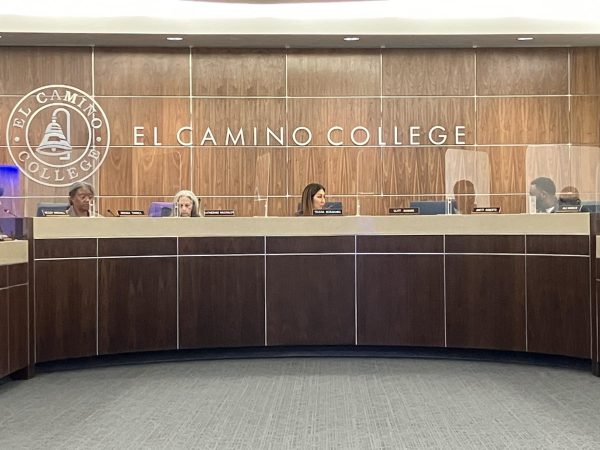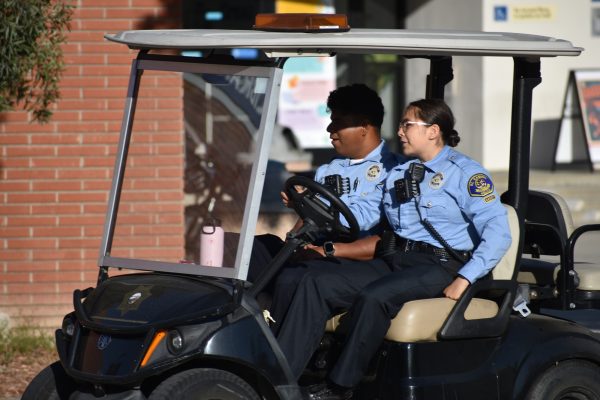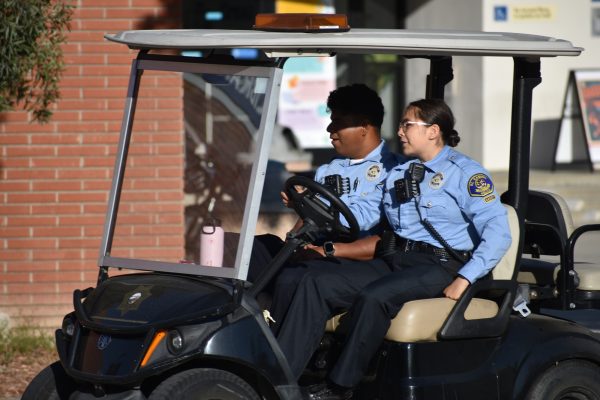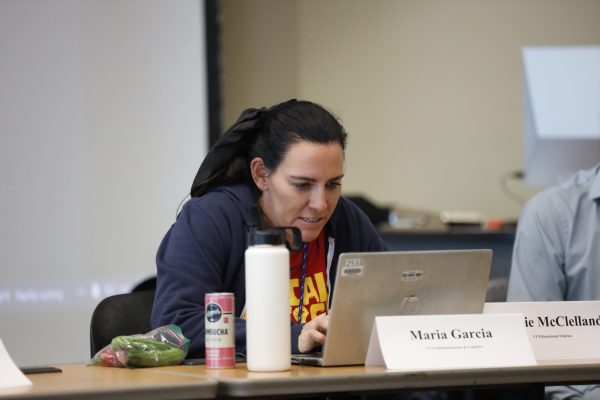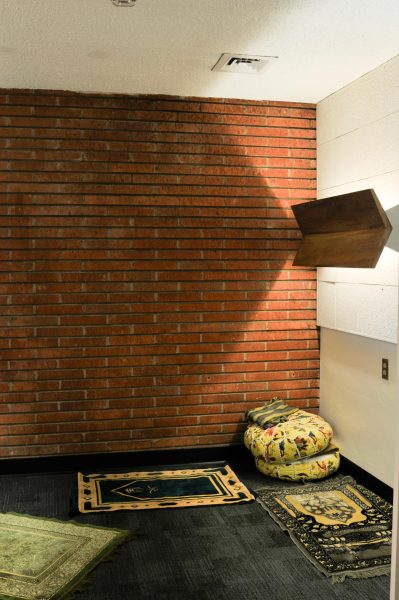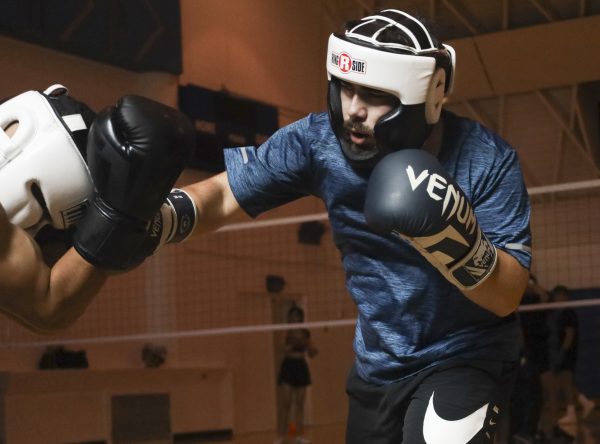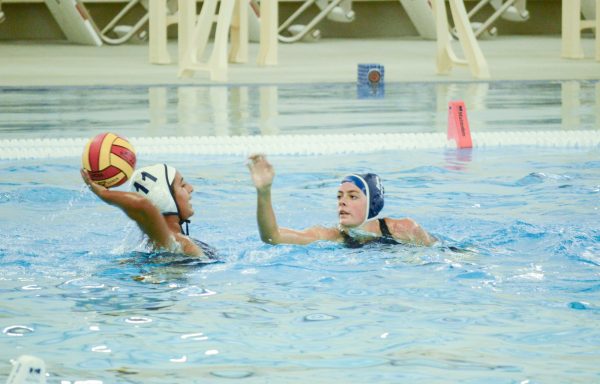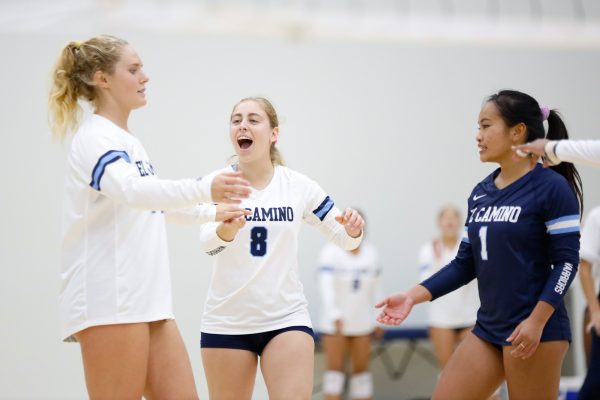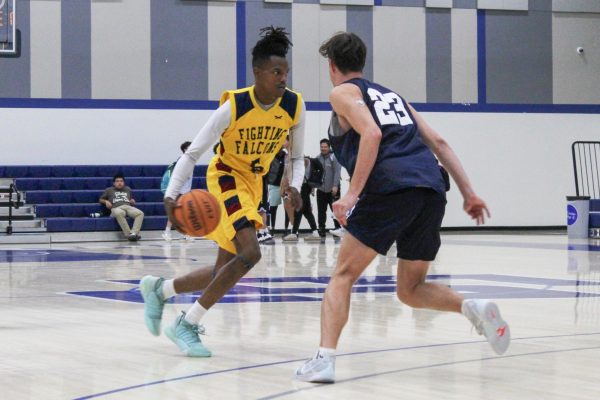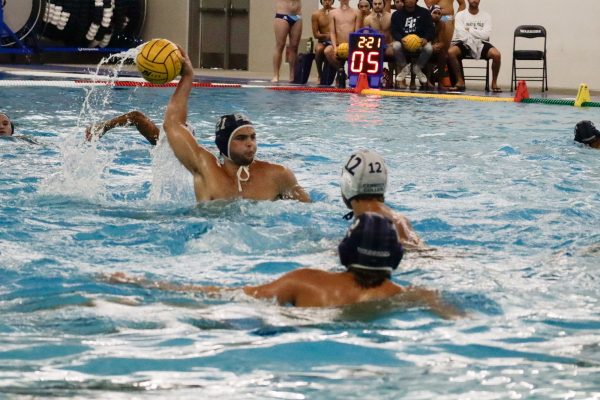Family and ECC community remembers coach John ‘Feather’ Featherstone
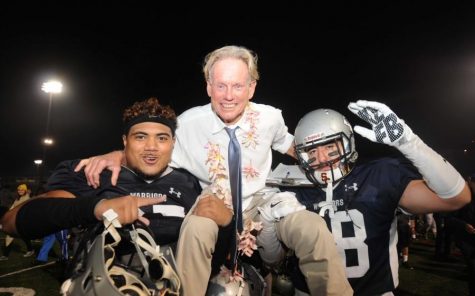
Former ECC head football coach, John “Feather” Featherstone, died on March 20 at the age of 71 after an ongoing battle with Alzheimer’s disease.
Featherstone, known by many in the community as “Feather,” coached the El Camino College Warriors from 1985 to 2015, having an overall record of 214 wins, 119 losses, and two ties.
Throughout his 31 year career, Featherstone worked along with assistant coach Gene Engle, where the two would work to create an effective ECC football team.
“He came in and he listened,” Engle said. “He was open to taking what he did and what I did and kind of meshing them together, so that we came up with our own program.”
The two would develop a life-long friendship, striving and reaching for the goals and achievements that they aimed for, on and off the field.
“[He was] like an army buddy in a sense, you’re in the battle together and you experience the highs and lows together,” Engle said.
Featherstone battled not only for the college but for the student athletes he had each year, teaching them how to be the best in the game and how to be the best version of themselves.
“He really wanted these young men to become young men and to develop into good citizens, husbands, fathers and community leaders,” Engle said.
He developed a connection with his students through pep talks and practice, he would also discuss not only football plans but team unity.
“What he really was doing was revealing his heart to the kids, which helped create the bond, the chemistry and the family feeling,” Engle said.
This family feeling would be a cornerstone of his coaching career, always letting the students know how much they meant to him.
“Every time my dad would say, ‘I love you guys’ [to the players] and they would say ‘we love you too, Coach.’ You couldn’t help but tear up,” Ivy Featherstone Madden, daughter of John Featherstone, said.
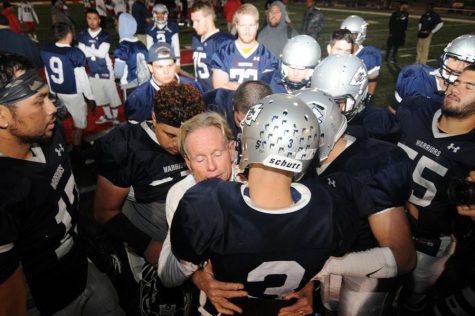
Featherstone would become a motivator during his time coaching, exciting his students each week for the upcoming game.
“On Monday [he would] start firing the kids up for their opponent that week, and sometimes we would have to say ‘John, don’t get them so fired up, it’s Monday, wait until the end of the week to get them fired up, they are going to burn out emotionally before we ever get to the game,'” Engle said.
Featherstone also inspired faculty members that worked with him, who saw the drive that he had for coaching.
“I have never seen anybody have so much fire and passion for their job and towards other human beings,” athletic counselor Christine Jeffries said.
Football wasn’t the only thing that Featherstone taught at El Camino, having taught both health and multiple physical education classes on campus.
“He had a way with words and explaining things that made sense to people in their lives and little changes that they can make that came to diet and exercise,” Keegan Featherstone Felix, daughter of John Featherstone, said.
Although his main focus at ECC dealt with physical activity and health strategy, Featherstone was a family man, having four daughters, he would always make time to be with them and what was important in their life.
“I remember when I was playing [volleyball] in college and we had games on Friday and Saturday nights, I knew he wasn’t going to be able to be there for the Saturday’s, unless he had the byes, he would make it to my Friday nights in Irvine,” Felix said.
When not focusing on coaching or teaching, Featherstone was at the beach, enjoying activities such as beach volleyball, surfing, and the occasional run.
“He couldn’t sit still unless he was reading Surfer’s Journal,” Felix said. “But only for a short time.”
Towards the end of his career, Featherstone began showing signs of Alzheimer’s disease, which affects the memory and thinking skills of individuals.
“He would not really remember when things had to be done or when things were due, or what the players had to do something, so I had to remind them,” Engle said.
When officially diagnosed with the disease in 2013, he remained positive throughout his battle, not letting it take over his spirits.
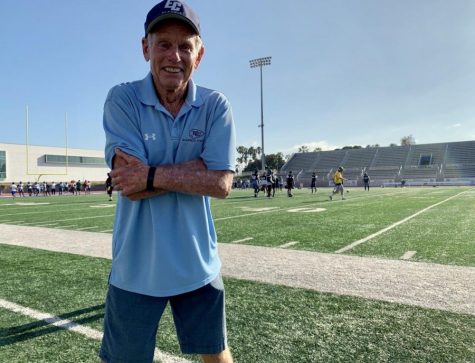
“He pulled out a newspaper and said ‘look, everybody is going after this disease and you guys don’t have to worry about me, because I’m going to beat it. I’m going to be the first one to beat it,'” Madden said.
It would be until 2015 that Featherstone would retire from ECC due to the disease.
“It finally got to the point where he couldn’t conduct his classroom situation,” Diane Featherstone, wife of John Featherstone, said.
He would spend his remaining years fighting the disease, but would be surrounded by his wife and loved ones.
Although he lost his battle with Alzheimer’s, Featherstone leaves behind a legacy of not only a renowned college football coach, but a man that helped many others in their life through his teachings.
“There are so many people who come up to us all the time, especially at Featherstone Field, that are in tears because they literally say, ‘I would not be alive today if it wasn’t for your dad. He turned my life around, he saved my life, I’m married and I’m a dad now because of your father, I have a job now, he changed my life, he gave me a chance when nobody else would and he motivated me to be better,'” Madden said.


